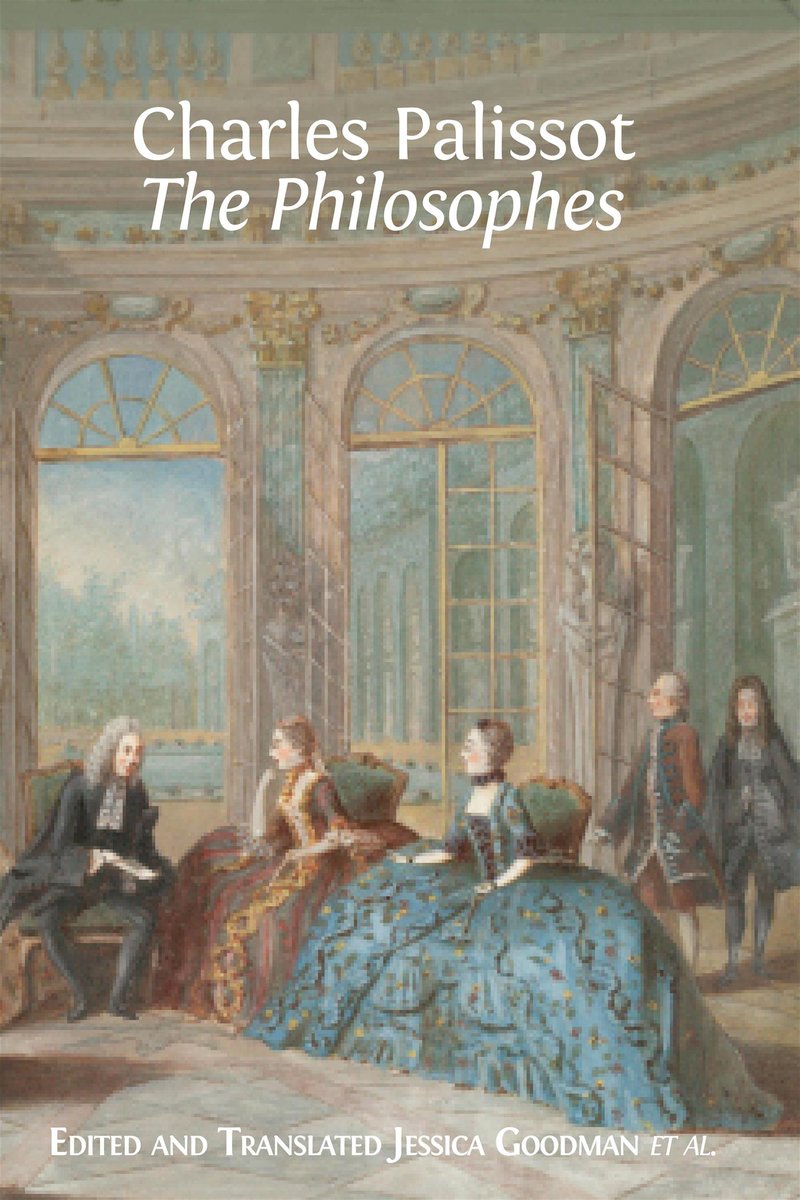In 1760, the French playwright Charles Palissot de Montenoy wrote Les Philosophes - a scandalous farcical comedy about a group of opportunistic self-styled philosophers. Les Philosophes emerged in the charged historical context of the pamphlet wars surrounding the publication of Diderot and d´Alembert´s Encyclopédie, and delivered an oblique but acerbic criticism of the intellectuals of the eighteenth-century Enlightenment, including the likes of Diderot and Rousseau.
This book presents the first high-quality English translation of the play, including critical apparatus. The translation is based on Olivier Ferret´s edition, and renders the text into iambic pentameter to preserve the character of the original. Adaptations are further provided of Ferret´s introduction and notes.
This masterful and highly accessible translation of Les Philosophes opens up this polemical text to a non-specialist audience. It will be a valuable resource to non-Francophone scholars and students working on the philosophical exchanges of the Enlightenment.
Moreover, this translation - the result of a year-long project undertaken by Jessica Goodman with six of her undergraduate French students - expounds the value of collaboration between scholar and student, and, as such, provides a model for other language tutors embarking on translation projects with their students.


